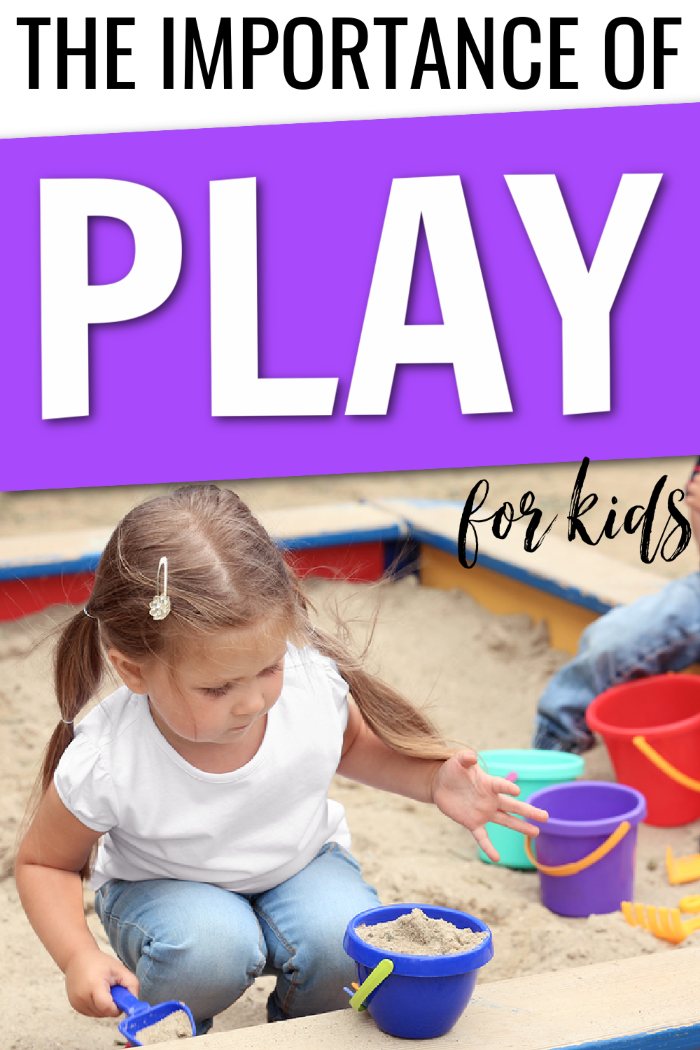The Benefits of Play: Unlocking the Power of Fun and Learning
Play is an essential part of human development, providing numerous benefits that extend beyond mere enjoyment. In this article, we will explore the significant advantages of play and how it contributes to various aspects of our lives. From childhood to adulthood, play has the power to enhance our physical, mental, and emotional well-being.
Physical Benefits
Engaging in play activities promotes physical health and development. Whether it’s running, jumping, or participating in sports, play encourages movement and exercise. Active play helps strengthen muscles, improve coordination, and enhance cardiovascular health. Additionally, it contributes to the development of fine and gross motor skills, which are crucial for everyday tasks and future endeavors.
Mental and Cognitive Benefits
Play is not just about physical activity; it also stimulates mental and cognitive growth. When children engage in imaginative play, they develop problem-solving skills, creativity, and critical thinking abilities. Through play, they learn to explore, experiment, and make decisions, fostering their cognitive development. Play also enhances memory, concentration, and attention span, providing a solid foundation for learning.
Social and Emotional Benefits
Play is a powerful tool for building social connections and developing emotional intelligence. It allows individuals to interact, collaborate, and communicate with others, fostering the development of social skills and empathy. Play also provides a safe space for emotional expression, allowing individuals to explore and understand their feelings. It promotes self-confidence, resilience, and the ability to manage stress, contributing to overall emotional well-being.
Play and Learning
Play and learning are interconnected, with play serving as a natural and effective way to acquire knowledge and skills. In educational settings, play-based learning approaches have gained recognition for their ability to engage students and enhance their understanding of various subjects. Through play, children develop language skills, mathematical concepts, problem-solving abilities, and scientific reasoning. Play-based learning also encourages curiosity, a love for learning, and a growth mindset.
Play for Adults
Play is not limited to childhood; it is equally important for adults. Engaging in recreational activities, hobbies, and leisure pursuits provides adults with an outlet for stress relief and relaxation. Play can improve mental well-being, boost creativity, and enhance productivity. It also promotes social connections, allowing adults to bond with others who share similar interests. Incorporating play into adult life is crucial for maintaining a balanced and fulfilling lifestyle.

From physical development to cognitive growth, and from social connections to emotional well-being, play offers a wide range of benefits for individuals of all ages. By recognizing and embracing the power of play, we can unlock its full potential in enhancing our lives. So, let’s make play an integral part of our lives and reap the countless rewards it has to offer.
Frequently Asked Questions – Benefits of Play
1. Why is play important for children?
Play is crucial for a child’s development as it helps them learn essential skills, improve social interactions, enhance creativity, and develop problem-solving abilities.
2. How does play contribute to a child’s physical health?
Engaging in play activities promotes physical fitness, improves coordination, enhances motor skills, and helps prevent obesity and other health issues in children.
3. What are the cognitive benefits of play?
Play stimulates brain development, enhances memory and concentration, improves decision-making skills, and fosters critical thinking and problem-solving abilities in children.
4. Can play help in emotional development?
Yes, play allows children to express and regulate their emotions, develop empathy and self-awareness, build resilience, and learn how to manage stress and conflicts.
5. How does play promote social skills?
Through play, children learn to share, cooperate, negotiate, take turns, communicate effectively, develop empathy, and build positive relationships with peers and adults.
6. Does play have any impact on academic performance?
Research suggests that play-based learning improves cognitive abilities, creativity, problem-solving skills, and language development, which can positively influence academic performance in children.
7. Can play help reduce stress and anxiety in children?
Engaging in play activities releases endorphins, which are natural stress-relievers, and helps children relax, unwind, and cope with anxiety and stress in a healthy manner.
8. How does play encourage creativity?
Play encourages imagination, exploration, experimentation, and thinking outside the box, which are essential components of creativity development in children.
9. Are there any long-term benefits of play?
Yes, research suggests that children who engage in play activities during their early years tend to have better problem-solving abilities, higher academic achievements, improved social skills, and enhanced emotional well-being in the long run.
10. How can parents support and encourage play?
Parents can provide a safe and stimulating environment, offer a variety of toys and materials, engage in play with their children, encourage outdoor activities, limit screen time, and allow unstructured playtime for their children to explore and learn through play.




